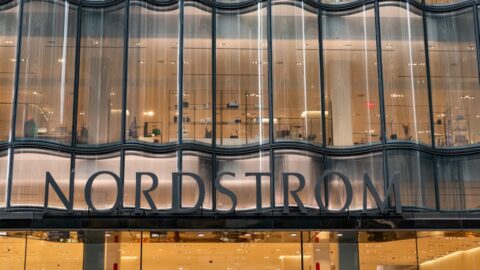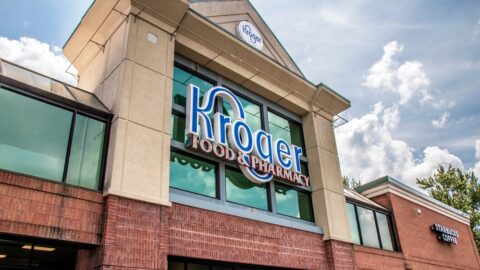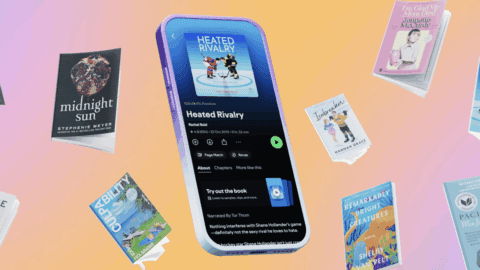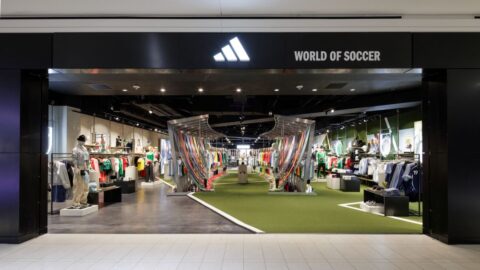Retailers including Apple, Nike, Patagonia, Glossier, Urban Outfitters, Lululemon, Away, Warby Parker, Everlane, Allbirds, REI, Lush Cosmetics, Under Armour, Aritzia, b8ta and Abercrombie are closing their stores worldwide in an effort to combat the spread of coronavirus (COVID-19) and encourage shoppers to practice “social distancing.” Most of the retailers announced that their stores would remain closed until the end of March, but extended closures are not out of the question.
Many food retailers, including Walmart, Publix, Kroger and H-E-B, announced they would be reducing store hours across the country. Gap also has reduced store hours and is temporarily closing more than 100 locations across its brands. After mulling the idea over last week, Starbucks officially announced it would halt in-store customer seating in North America for at least two weeks, while limiting hours and shuttering a few shops in high-traffic areas.
The decisions, while smart for customers, workers and the overall community, will no doubt weigh heavily on the already-stressed retail industry. In fact, retail advisory firm Coresight Research indicated that the temporary store closures could have major impacts on retailers’ long-term ability to keep stores open. Retailers could close as many as 15,000 stores in 2020 largely due to the coronavirus, according to Deborah Weinswig, CEO and Founder of Coresight Research.
The closures would be on pace to be “double what we saw last year,” Weinswig told CNBC. “I think that is already in motion…If [COVID-19] stays longer, it will be greater.” The number would easily eclipse the more than 9,300 locations that were closed in 2019.
Retailers that sell essentials like food, medicine and cleaning supplies have seen a surge in demand. Some grocers have been forced to limit the number of certain products they will allow customers to purchase in order to prevent hoarding. But those not selling essentials are not so lucky, particularly when it comes to items such as apparel, footwear, jewelry, cosmetics, eyewear and sporting goods.
Jefferies analyst Randal Konik also said he expects to see more retailers to close stores, and if they don’t, they likely will see little demand amid steep declines in mall traffic.
“With stores accounting for 75% of sales for most retailers, we anticipate massive earnings per share declines for Q1, especially as most retailers appear to be paying employees during the two-week closures,” Konick wrote in a research note.
Entire malls also are closing due to COVID-19 concerns, putting all the retailers within them at risk. One of the country’s largest malls, King of Prussia located in suburban Philadelphia, has shut down “until further notice.” A notice on the site of owner Simon Property Group said non-essential mall tenants were expected to comply “effective immediately” with the governor’s recommendation. As of March 15, only Rite Aid remained open within the mall.
The American Dream megamall in New Jersey, which already has faced many setbacks and criticisms as it opened select parts of the shopper center in stages, is closing March 16 and delaying the openings of new attractions that had been scheduled for March 19. The closure will last through at least the end of March.
It is worth noting that the Centers for Disease Control and Prevention (CDC) is now urging a nationwide halt to gatherings of more than 50 people for the next eight weeks, citing the risk of spreading the coronavirus. While this is a recommendation and not a mandate, it is very possible that individual state governments could enforce laws that adhere to the suggested limit, further affecting both mall traffic and individual retailers’ ability to remain open.
In Spain, Italy and France, where COVID-19 cases have risen rapidly, all non-essential retail (stores that aren’t either groceries or pharmacies) has been ordered to be shut down to help prevent the spread of the virus.













